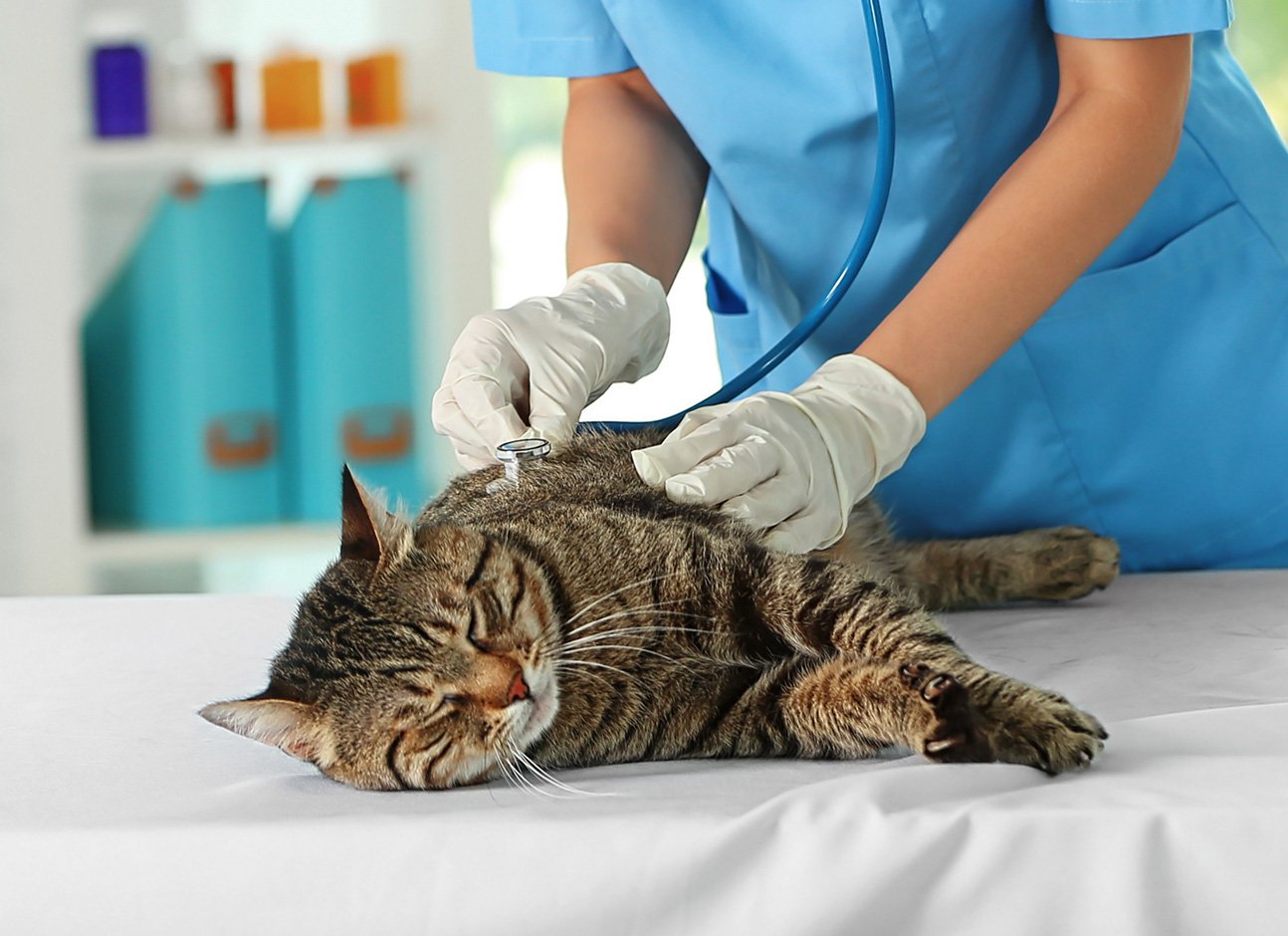Diarrhea is one of the most common problems faced by animals and cats are no exception to it. However, unlike in dogs, diarrhea is not common to cats.If your dog is having more accidents than usual, then it is indicative of a possible case of diarrhea. While diarrhea may not be an illness itself, it can be a sign of an underlying condition. Symptoms of feline diarrhea include loss of appetite, lethargy, pain, vomiting, and / or the presence of blood in their stool.
Infectious bacteria, viruses, worms, intestinal parasites, and / or toxic plants are some of the common causes behind diarrhea in cats. Food intolerance, allergies, and / or chemical irritants can also cause cats to come down with a bout of diarrhea. Knowing your cat’s normal routine and diet specifications will help you identify diarrhea in them and provide accurate details to the veterinarian for treatment purposes.
Although unpleasant, diarrhea is still a treatable condition in cats. You can try certain home remedies before taking your cat to the veterinarian. Plenty of water, recommended veterinary diets rich in fiber, dewormers, antidiarrheal agents, and even probiotics are some effective ways of combating this problem. However, it is recommended to give your pet probiotics only at the direction of your veterinarian. Never give human diarrhea medications to your cat as it may prove to be toxic and / or potentially dangerous.
If your cat’s condition fails to improve in a day or two, you must take them to see the veterinarian. This may mean that your pet probably needs an extensive form of treatment to help them overcome the case of feline diarrhea. This could include a detailed clinical examination coupled with blood and urine tests to determine any other potential disease that has remained undetected so far. Following all vet-recommended advice and treatment plans can help you help your feline friend get better and regain their health
